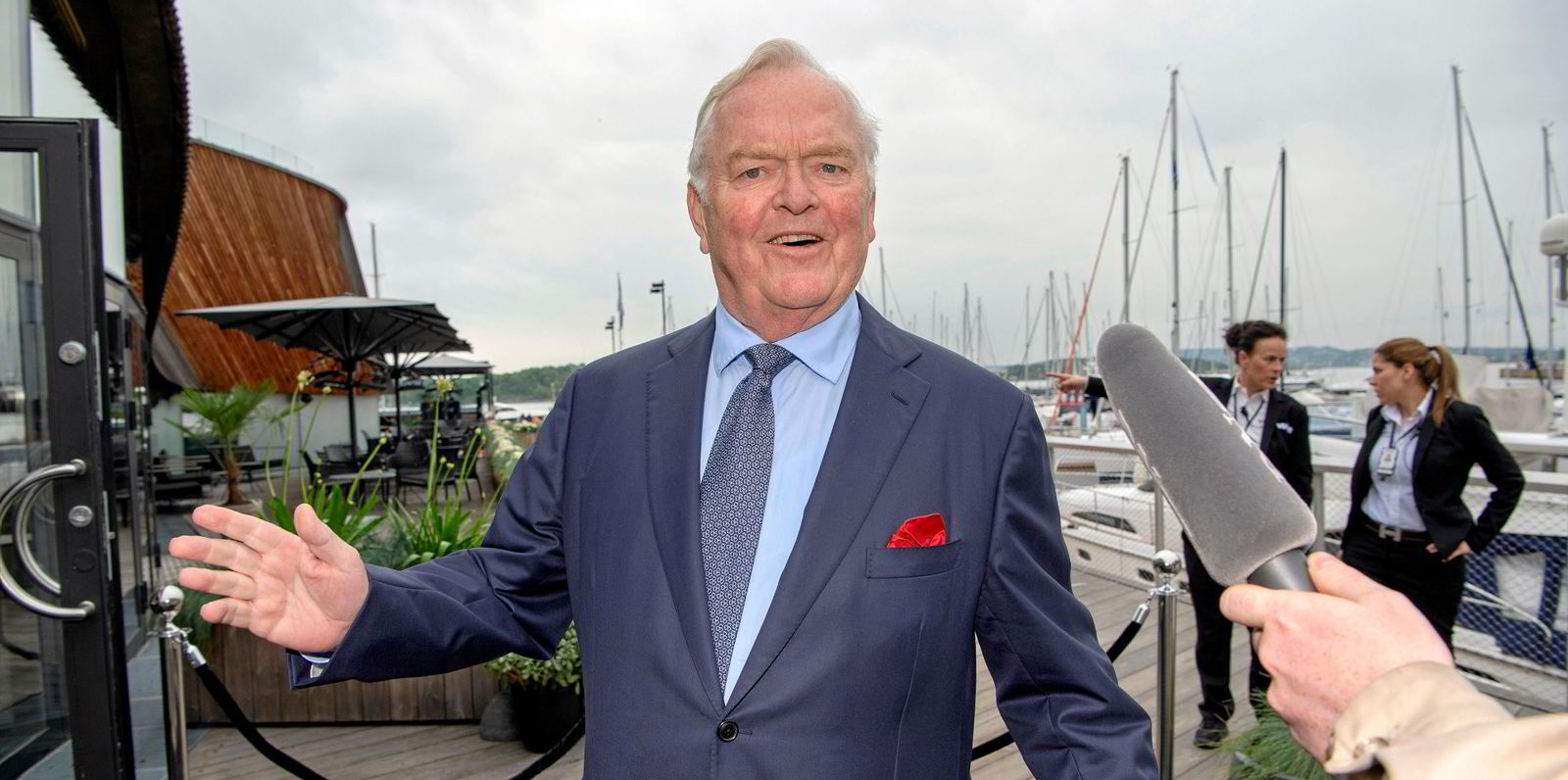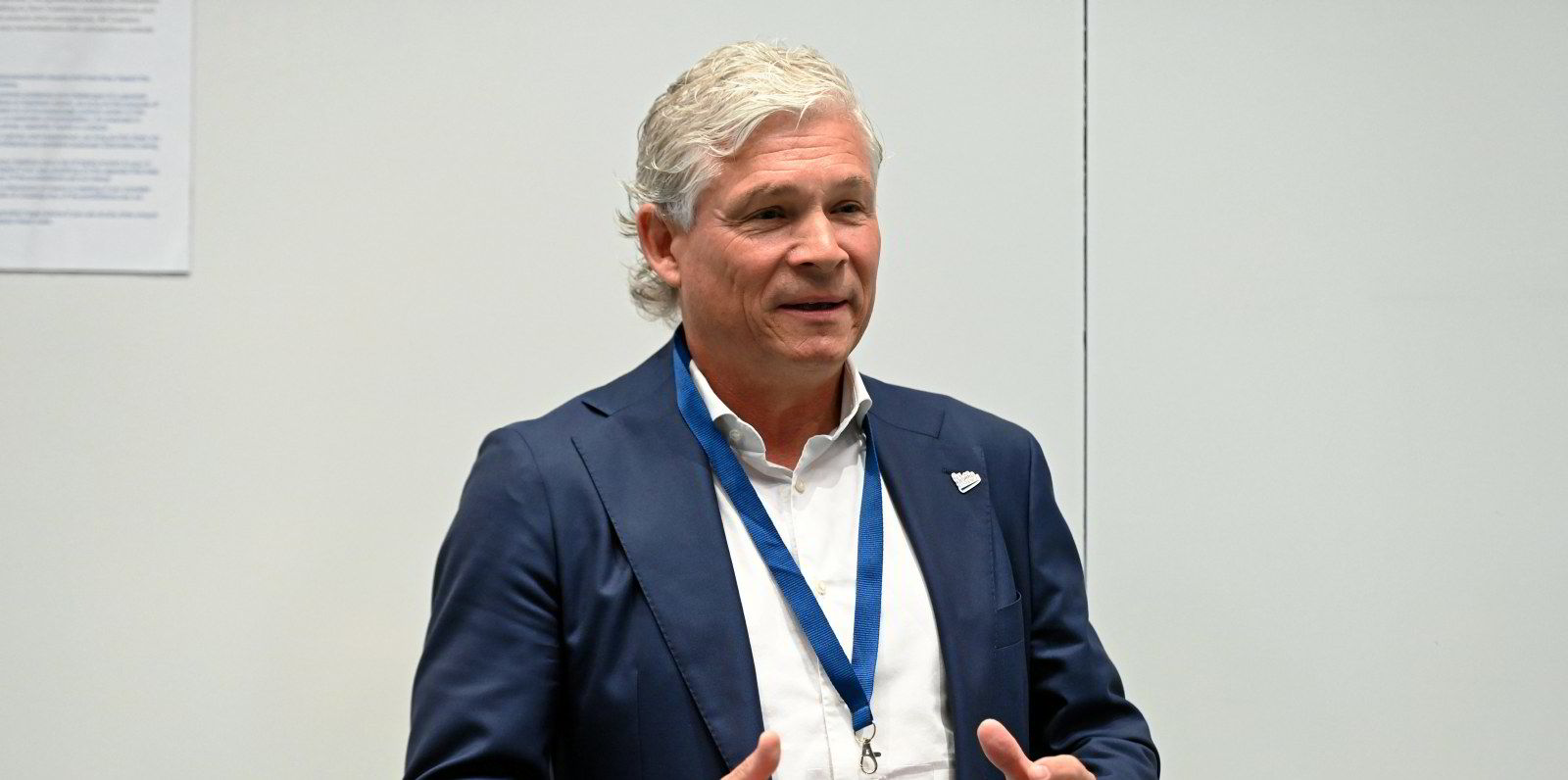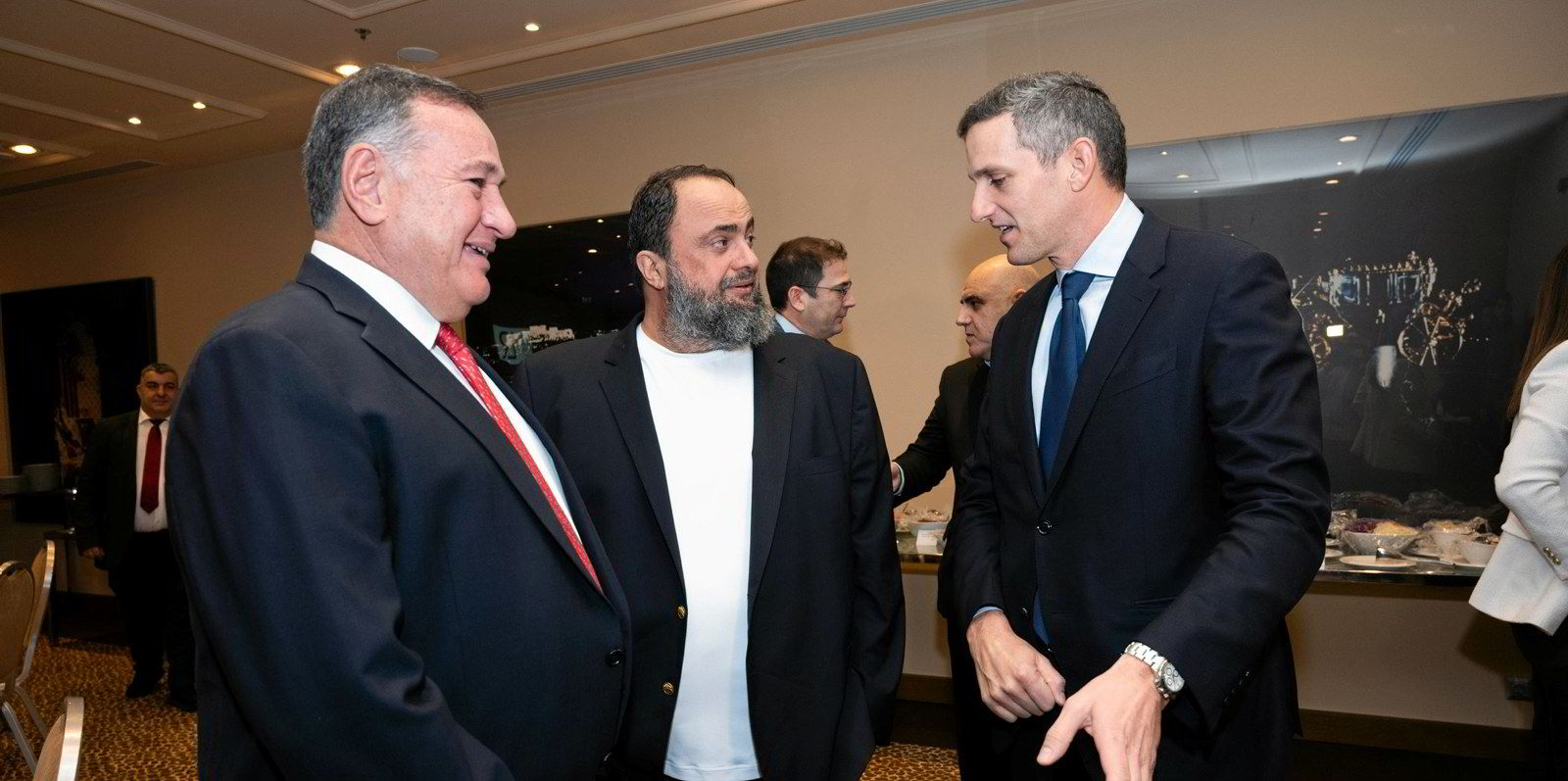Something’s changed in shipping. And for once it’s not another crisis. Rather, it’s a conundrum: what to do with all the money that’s being made?
Across the industry, from shipowners to shipbrokers, the widespread, albeit inconsistent, uplift in rates is bringing windfall earnings.
From public shipowners talking of 100% dividend payouts to shipbrokers bragging about the millions they’ve made selling tankers to shadowy operators shipping Putin’s oil, right now earning cash is not the problem.
Clarksons’ benchmark ClarkSea index of earnings is oscillating about one-third above the average of the last decade.
But it’s clear that some are struggling to find an answer on how to use them best.
Some might laugh and say: “Where’s the problem? Just spend it on something or someone, pocket it if the company’s yours, or give it to long-suffering shareholders in handsome dividends.”
This week alone, three of the biggest companies in their markets have reported record profits and record payouts. Hafnia, the world’s biggest petrol shipping company, presented buoyant figures, Frontline reported the best results in 15 years from its crude tanker fleet, and shipbroker Clarksons posted record profits for the third year running.
Added to that, the world’s biggest broker posted its 21st consecutive year of dividend increases — which must give even “dividend king” Herbjorn Hansson a run for his money — while still having £175m ($222.6m) of free cash.
It’s a state of affairs that is little short of miraculous compared with the situation a decade ago, where many if not most shipowners and their partners were labouring under crushing debts taken on to fund the newbuilding rush of the China boom.
That was a time when shipping had to pretend shares in listed companies were somehow “value” stocks (please stop laughing at the back) where the inevitable promised up cycle would lift prices. That only came to an end around the time of the pandemic, which changed the game.

In containers and dry bulk in particular, Covid-era profits were such that companies were turned into yield stocks, promising healthy regular dividend payouts for little effort.
Now, with the uninvited tailwind of the disruption caused by Russia’s illegal invasion of Ukraine, tankers have joined the party.
Piles of cash
So, the question is how to spend the growing piles of cash on the chief financial officer’s spreadsheet.
The first was to pay down debt. Whether it’s senior bank debt, rather more expensive leasing debt, or exotic alternative finance, many have already ticked that box.
In fact, you will have noticed the only people in shipping with the begging bowl out at the moment are bankers pleading with anyone, anywhere, to just borrow a little more cash to keep them in Jermyn Street suits and brogues. It’s a pitiful scene, although they win little sympathy.
Dividends are certainly a nice gesture, especially to investors in shipping stocks who deserve medals for their past acceptance of appalling financial performance and endless promises that the upturn was just around the corner.
Shipowners appear to be falling over each other to win greater analyst plaudits with ever-higher payouts, which is a healthy place to be. Except for Teekay Tankers, which appears to be hoarding cash for a rainy day no one else can see, or some other more cunning motive.
But dividends are also the last resort of management that’s run out of ideas. When the CEO hasn’t the imagination to come up with a self-financing growth plan, then maybe it’s time for a new CEO.
That takes us to the final option; to buy something. Frontline bought 24 tankers from Euronav, which in turn spent half the cash on the Saverys’ family green-tech start-up CMB.Tech, renaming the company in the process.
As we’ve written before, John Fredriksen’s put his chips on today, while Alex Saverys is betting on tomorrow.
Petros Pappas at Star Bulk Carriers has spent his money on Eagle Bulk Shipping. That’s a move full of confidence and ambition.
Parable of the talents
Secondhand purchases are all the rage, bringing in ships to earn in the near term. The problem is that prices are being bid up to record highs due to the competition for steel. Add the retrofitting of fuel-saving technologies to existing vessels, and most agree it looks like money well spent.
As for newbuildings, that is where the real dilemmas lie with arguments continuing to rage over fuels and engines. Ordering remains slow by historic standards, so the fleet continues to age, although in recent weeks a dam appears to have been breached with a surge of VLCC orders.
But the longer owners wait, the higher the prices and the later the delivery. Stick or twist?
Being a good steward of money brings responsibilities. It is a reminder of the parable of the talents. Those who take risks win rewards. Those who sit on their hands are punished. Let that be a warning.





